
So, you've just realized that you threw in two eggs instead of one into your cookie dough. Now what? You might be wondering what kind of cookie monster you’re about to unleash from the oven. Well, first off, it’s not the end of the world. Actually, there are some interesting things that happen in that mixing bowl when we double the egg count.
Eggs are pretty much the secret agents in baking—seriously, they do more than just hold ingredients together. They add moisture, contribute to texture, and enhance flavor. Tossing in another egg doesn’t just mean a wetter dough; it means a whole different batch of cookies. You might end up with softer, more cake-like treats because eggs tend to add extra structure and moisture.
But don’t just take my word for it. Try baking the cookies and judge them yourself. Does the additional egg make them too soft or just the kind of gooey you love? It’s not as risky as you think. In fact, this little tweak can be a game changer if you’re aiming for that almost-cake vibe.
- Understanding the Role of Eggs
- The Impact of Two Eggs Instead of One
- Perfecting Texture with Egg Count
- Cooking Tips for Egg-Enhanced Cookies
Understanding the Role of Eggs
Alright, let’s get cracking on why eggs are such a big deal in cookies. These little powerhouses bring more to the table than just acting as binding agents. In fact, eggs are the unsung heroes of baking, providing structure, moisture, and even a dash of flavor.
When you toss an egg into your mix, the white, known as albumen, is busy adding strength and stability. This part of the egg helps give your homemade cookies that nice lift and fluffy look by trapping air and expanding with heat. Basically, egg whites are like tiny balloon inflators for your dough.
Now, don’t forget the yolk! This golden center contributes richness and a softer texture. Yolks are full of fats and lecithin, which make cookies tender and enhance the flavor. They even help with browning, giving your cookies that irresistible, golden glow.
Ever noticed how cookies with more eggs taste different? That's because eggs also play a part in the overall flavor profile. The fats in the yolks can actually enhance the taste, making them more hearty and satisfying.
If you’re curious about egg content in recipes, here’s a basic breakdown of what it adds:
- Structure and Volume: Egg whites help dough rise and maintain shape.
- Moisture: Yolks and whites keep the dough moist, preventing dry cookies.
- Flavor: Yolks add a rich taste, elevating the overall cookie experience.
- Color: Eggs contribute to that lovely, appetizing color.
While eggs might seem like a small part of the baking process, their role is huge. Understanding these basics can help you tweak your recipe to get the perfect batch every time!
The Impact of Two Eggs Instead of One
Alright, let’s get to the heart of it. What really happens when you toss in an extra egg? First up, we’re dealing with more liquid in the mix. Eggs in cookies aren’t just about binding—they add moisture too, which can make your cookies softer and richer.
This change might be noticeable right from the dough stage. If it feels a bit stickier than usual, that's your extra egg doing its moisture magic. When you bake them, instead of having crispy edges, you might find your cookies coming out fluffier, almost like a tiny cake. That’s because eggs help with structure, making the cookies rise and puff up more than usual.
Of course, taste matters, and eggs contribute here too. They enrich flavor, making every bite a little more creamy. If you've ever wondered why some cookies taste more 'homemade,' voila! That's partly the extra egg giving them that extra oomph.
So, what's the takeaway? If you're okay with a softer, more cake-like cookie, two eggs might just be your ticket. But if you’re looking for something crisper, you might want to stick to just one egg or adjust the bake time to get a firmer texture.
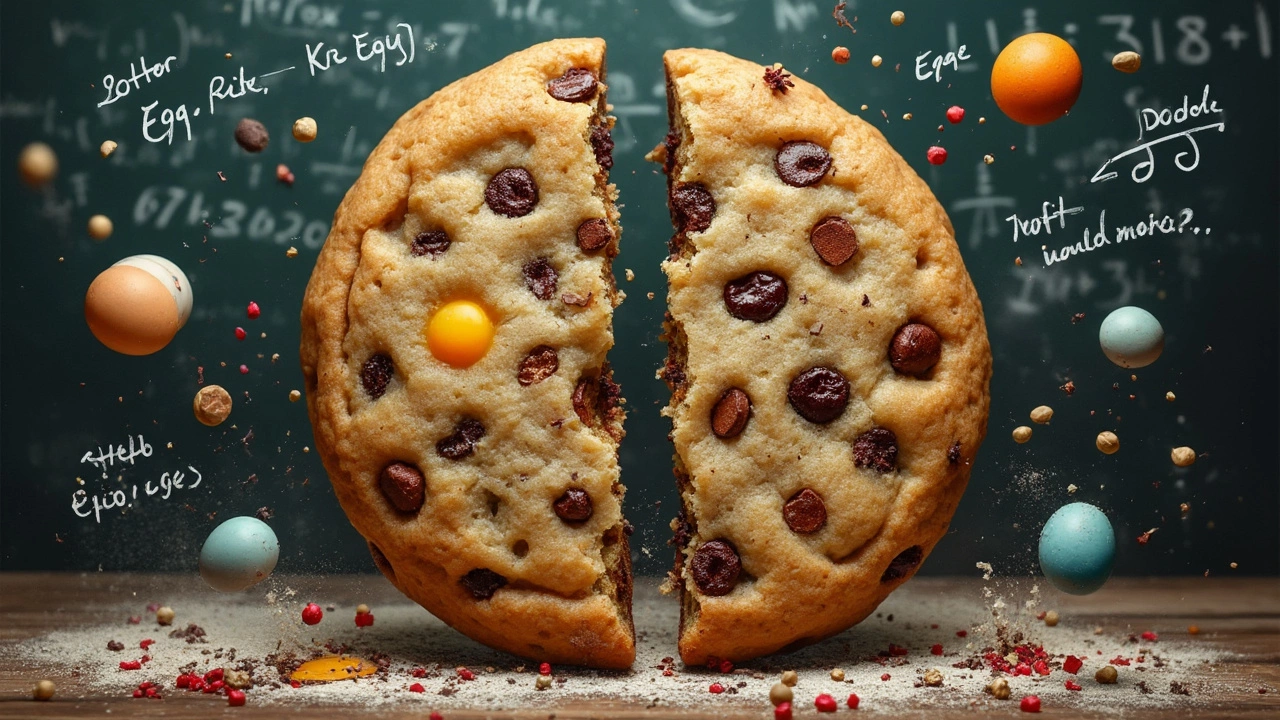
Perfecting Texture with Egg Count
When it comes to cookies, texture is everything. You might want cookies that are crunchy on the outside and chewy in the middle, or maybe you’re aiming for something softer and more cake-like. The number of eggs you use plays a massive role in nailing that perfect texture.
Here’s the deal: eggs add moisture, which means throwing in an extra egg is like adding a splash more milk or water to a recipe. But it goes further than that; eggs also provide structure due to the proteins they contain. This can give your cookies more body, helping them hold their delicious shape instead of spreading out like a pancake in the oven. That's what happens when we up the egg count.
Want to experiment? Try these tips:
- If you like your cookies soft and fluffy, adding a second egg can improve that. Cookies may puff up more during baking because of the additional protein structure, giving you that desirable soft bite.
- For a chewier and denser result, consider only adding an extra egg yolk. Yolks add richness and bind ingredients effectively, which enhances chewiness without making the cookie into a cake.
Adjusting egg count isn’t just guesswork, though. Think about the type of flour and sugar you're using too. Higher protein flour paired with extra eggs might yield a tougher cookie if you’re not careful. Watch out for this if you’re trying to avoid a bread-like texture.
Remember, baking is as much science as it is an art. The key is experimenting within this framework, and sometimes even breaking the rules to see what happens. So next time you’re making homemade cookies, think about that egg count and tweak your recipe to achieve the ultimate cookie texture you desire!
Cooking Tips for Egg-Enhanced Cookies
If you’ve decided to go bold and embrace the double egg in your cookie-making adventures, there are a few baking tips to keep everything on track. Whether you’re going for that dreamy, soft texture or just experimenting, knowing these tricks can help you get the best results.
First off, when you add two eggs instead of one, you’re introducing more moisture to the dough. This could mean you might need to adjust other ingredients, like flour. If your dough feels too sticky, adding an extra couple of tablespoons of flour can help balance things out.
Temperature matters, too. Those extra eggs can make dough softer, so chilling it is a smart move. Pop it in the fridge for about 30 minutes before baking. This way, your cookies will hold their shape better and not spread too much in the oven.
- Check Your Cooking Time: Extra moisture might mean you’ll need to bake your cookies a bit longer. Keep an eye on them and add increments of 1-2 minutes to reach that perfect doneness.
- Use High-Quality Flour: Consider using bread flour instead of all-purpose. It has more protein, providing a firmer structure to support the extra egg content.
- Get to Know Your Oven: If they look a bit underdone, don’t worry. They often firm up as they cool. Each oven has its quirks, so adjust based on how your cookies usually turn out.
Remember, batch sizes can tell a story—smaller, denser cookies may be well-received as chewy, melt-in-your-mouth delights. Of course, having a few batches with different variations helps find your sweet spot.
Feel free to get adventurous, too. Since eggs enhance flavor, consider mixing in extra vanilla or a dash of cinnamon. These little tweaks can give your homemade cookies a unique spin, making them even more irresistible.


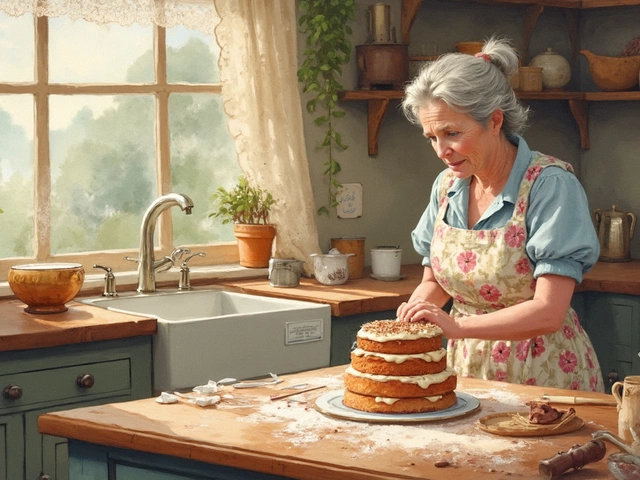



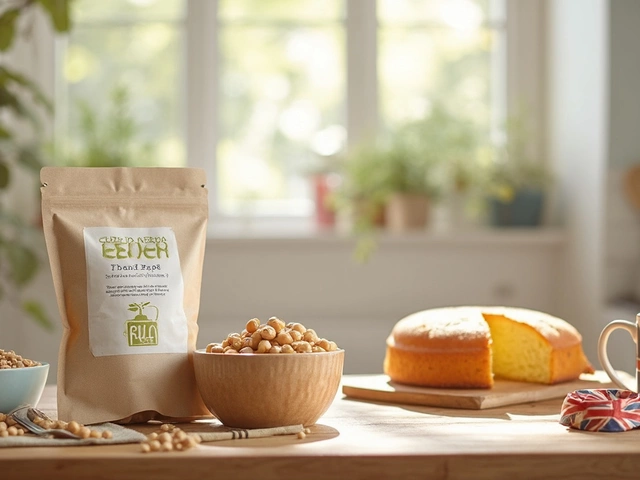
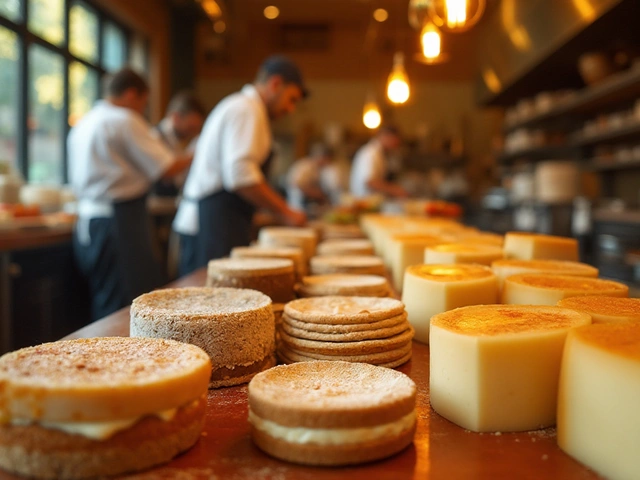
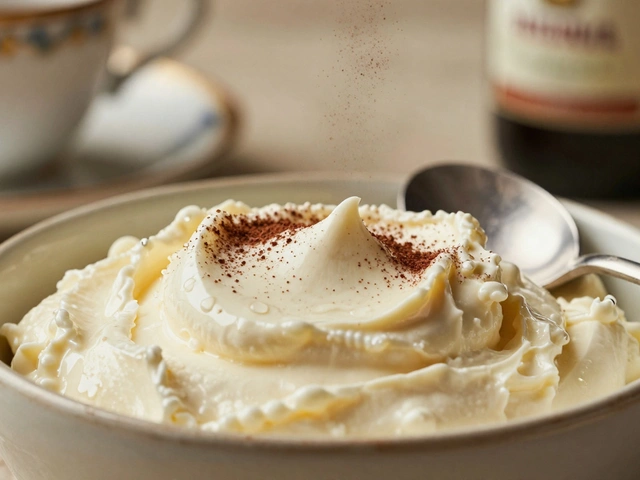
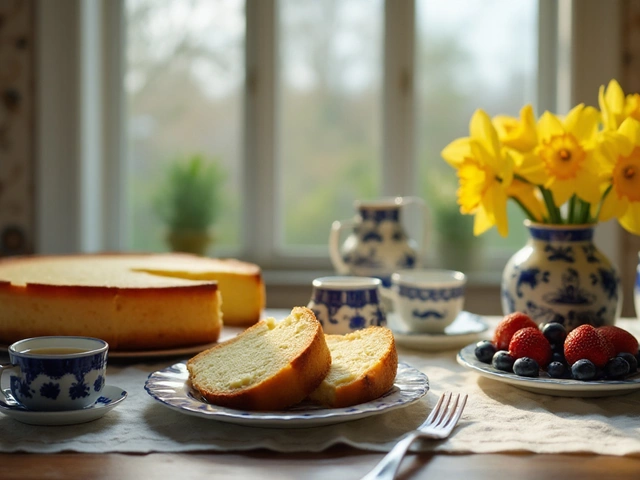

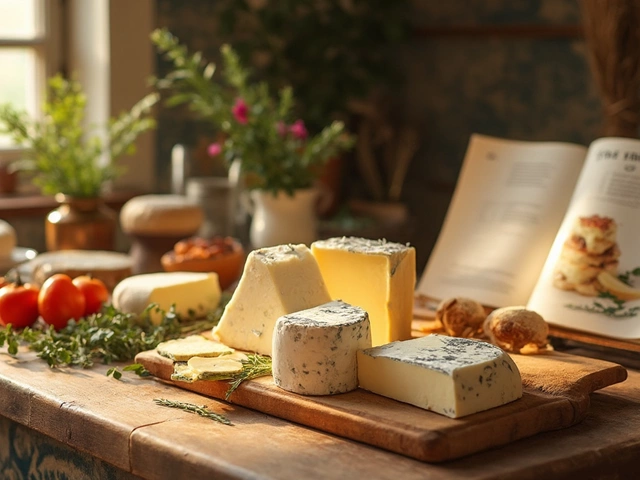
Write a comment